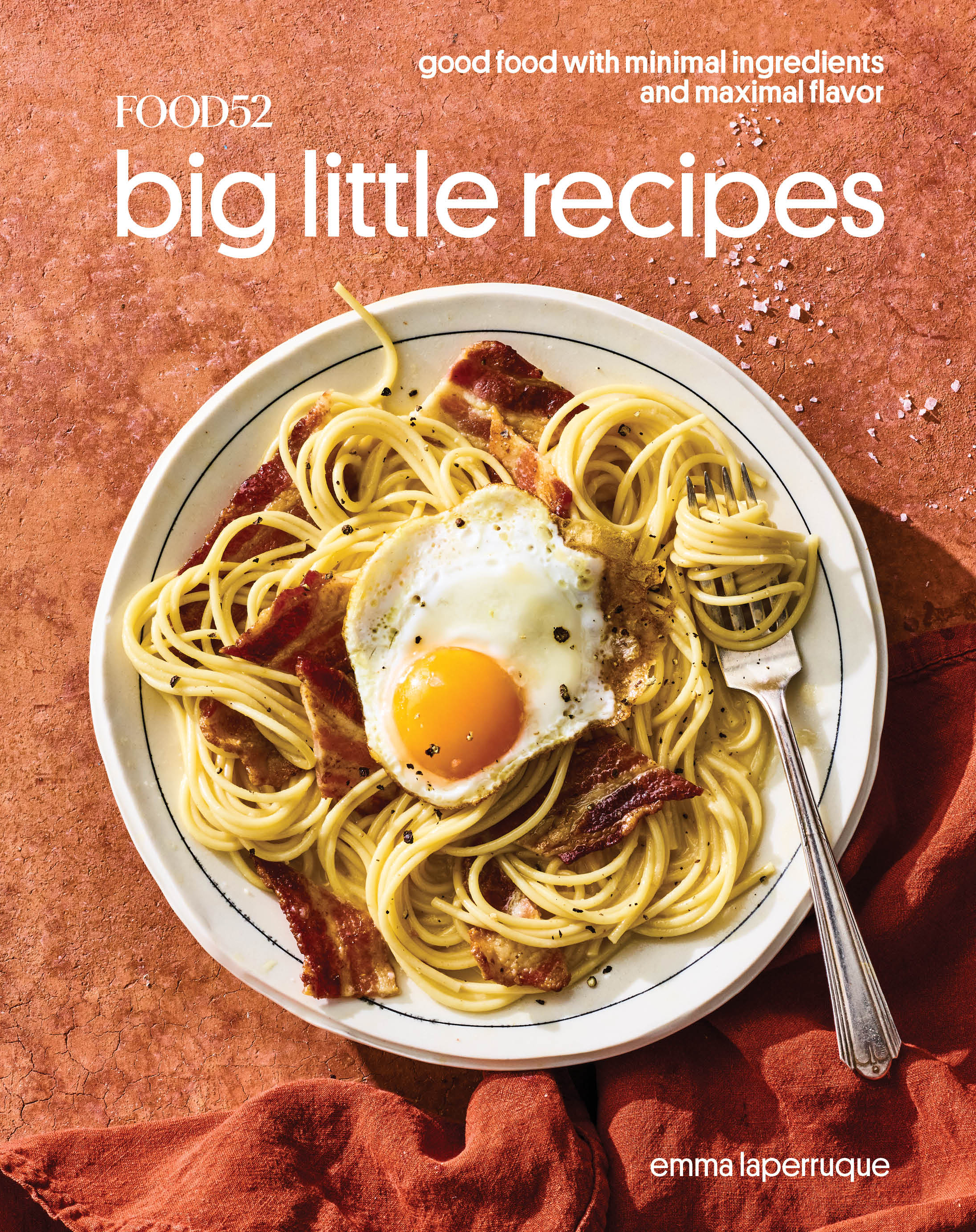Big Little Recipes
How to Roast Potatoes Like My 91-Year-Old Grandma
This week’s Big Little Recipe is a family favorite perfect for Thanksgiving.
0 seconds of 11 minutes, 51 secondsVolume 0%
Press shift question mark to access a list of keyboard shortcuts
Keyboard Shortcuts
Shortcuts Open/Close/ or ?
Play/PauseSPACE
Increase Volume↑
Decrease Volume↓
Seek Forward→
Seek Backward←
Captions On/Offc
Fullscreen/Exit Fullscreenf
Mute/Unmutem
Decrease Caption Size-
Increase Caption Size+ or =
Seek %0-9

Put down those long grocery lists. Inspired by the award-winning column, our Big Little Recipes cookbook is minimalism at its best: few ingredients, tons of flavor.
Order nowPopular on Food52
Continue After Advertisement
5 Comments
patricia G.
April 19, 2023
This is the way my grannie roasted potatoes, too. Parboiled, drained, returned to the pot...then she clamped a lid on the pot, and shook it vigorously, rattling the potatoes inside. The first time I tried I was too timid. "Go on, give them a good bash," she said. She used floury potatoes, and preheated the cooking fat (often beef lard) in the roasting tin. Hot oven. I use 425 F. And more often the not olive oil these days. For seasonings: salt and pepper, crumbled dried rosemary, some fennel seeds.
Frank
May 4, 2022
I've made a ton of roasted potatoes before, but I will try Grandma roasted next time. I really love watching your videos. You make it clear, there are no unusual techniques or ingredients. I also love the fact your kitchen is normal and your pans show years of cooking in them. The pace and sound of your voice is comforting and it makes me believe I can end up with the same dish you are making. Hope this doesn't sound too weird. Don't change a thing.






See what other Food52 readers are saying.